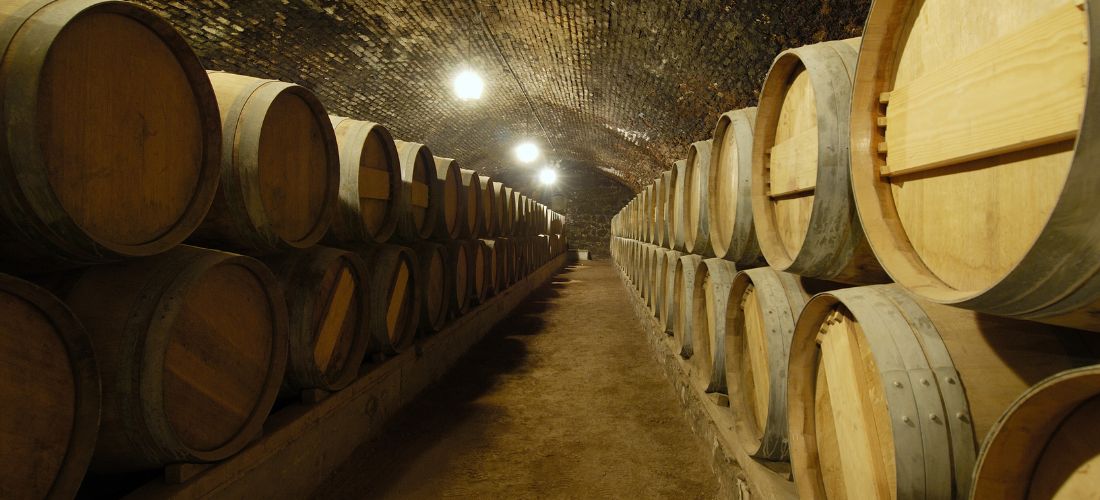We would like to share a significant legal victory achieved by our industrial property firm, PROTECTIA PATENTES Y MARCAS, and its litigation department. The procedural defence team, led by Carlos López Riesco, has secured a ruling from the Spanish Supreme Court that marks a groundbreaking development in the interpretation of trademarks and regulations surrounding Designations of Origin (DOs), Protected Geographical Indications (PGIs), and other certification entities bearing polysemous names.
Until now, rights of qualification and certification based on terms with multiple possible meanings were interpreted inconsistently by the Spanish Patent and Trademark Office (OEPM), the EUIPO, and lower administrative courts. This inconsistency led to contradictory decisions, as the examining authority had broad discretion to determine whether there was an evocative connection to the geographical area protected under the relevant DO regulation. This was particularly problematic in the case of the DO Toro, when third-party trademark or trade name applications were interpreted as referring to the fighting bull rather than the geographical region protected under the designation.
Faced with this scenario, which effectively undermined the legal value of the DO Toro’s rights, our firm consistently argued that this interpretation risked eroding protection not just for Toro, but also for other designations such as DO Rueda, AOC Bordeaux, or DO Abona (for wine in Tenerife). This created considerable legal uncertainty, as it was clearly unlawful and manifestly unfair.
One measure of the importance of this ruling lies in the statistics: fewer than 10% of appeals filed before the Contentious-Administrative Chamber of the Supreme Court result in a favourable ruling. In other words, only a small fraction of such cases end with a win — which makes this victory all the more meaningful.
The judgement, which we now share in full via the link below, establishes that an evocative connection to the DO does exist, and that the protection of the term “Toro” is infringed regardless of its polysemous nature.
This outcome is the culmination of a rigorous defence strategy, confirming that our interpretation of the law was correct. Most importantly, the ruling sets an interpretative precedent for European regulations, affirming that the perception of the relevant public must play a decisive role in determining whether a trademark evokes a protected name associated with a certification entity. This sets new and valuable jurisprudence and opens the door to strengthening the legal standing of such rights.
In this context, we are especially proud of the work carried out and the result obtained. This case adds to the long list of successful proceedings led by Protectia’s litigation department, which has already made its mark both in domestic courts and before the General Court of Luxembourg. It reinforces our long-standing position as a leading law firm in the defence of industrial and intellectual property assets.



